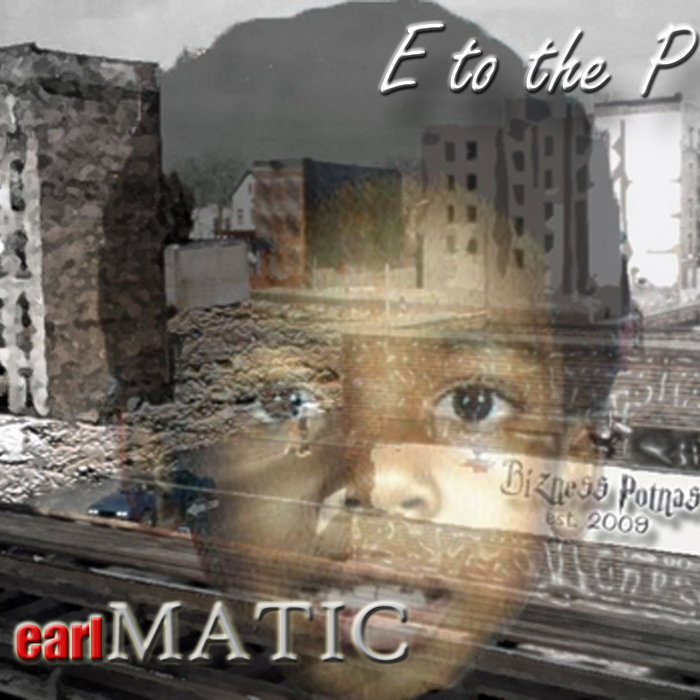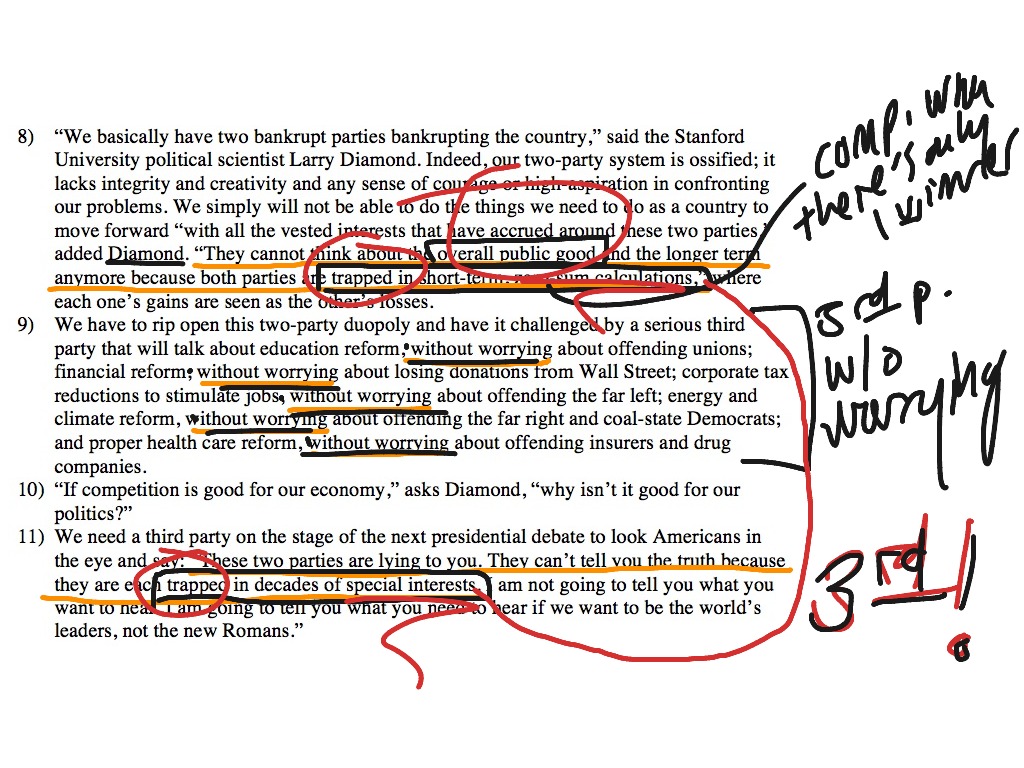

The ice is rough, with frozen ripples here and there to trip you up, but Andy and I are good skaters, and we laugh when we come to a curved bridge and, bending low, shoot under and out the other side.

Wind has cleared patches and paths through snow for us to skate on. There are wintry trees and park lampposts with a different shape than the ones in Central Park, and though the sense of Boston is close at hand, we could almost be in the country. Other skaters are here already-some of the men are in overcoats, along with kids in striped scarves and big mittens-but it’s as if we had the place to ourselves. Andy hides our shoes under a bush and we step down an embankment and sail away. There may be a red-ball sign standing out on the ice, telling us it’s safe to skate, but there’s no place you can go to buy a ticket, and no shack with a stove inside, where you could keep warm while you lace up your skates.

Christmas is two or three days away, and on a clear and cold afternoon he and I head down to Charles Street and then over to the frozen lake in the Public Garden. We’ve been here on a family visit from New York to the Newberrys’ house at 87 Myrtle Street-my Aunt Rosie (she’s one of my mother’s sisters) and Uncle John’s place-and Andy and I brought our skates along, just in case. He’s been complaining-who can blame him-and finally he sits down on somebody’s front stoop to pull off the skates, and goes on, snow or no snow, in his socks. The narrow brick sidewalk is snowy in places, and the going is harder for Andy than it is for me, because he’s wearing ice skates. Here we are, instead, on a frigid December day in 1929, walking up a steep stretch of Pinckney Street, on Beacon Hill, in Boston. What’s impossible to write down, soon afterward, is a conversation that comes easily. What were we talking about, just now? We were close for almost sixty years, and you’d think that a little back-and-forth-something more than a joke or part of an anecdote-would survive, but no. One hand is holding a cigarette tentatively-he’ll smoke it halfway down and then stub it out-and he turns in his chair to put his Martini back on the Swedish side table to his right. I see his plaid button-down shirt and tweed jacket, and his good evening moccasins. In my mind, this is at his place in North Brooklin, Maine, and he’s almost still around. White died in 1985-twenty years ago, come October-and by “missing” I don’t mean yearning for him so much as not being able to keep hold of him for a bit of conversation or even a tone of voice. I can hear the sound of that gray door-the steps there lead down into the fragrant connecting woodshed-as the lift-latch clicks shut. Lately I have been missing my stepfather, Andy White, who keeps excusing himself while he steps out of the room to get something from his study or heads out the back kitchen door, on his way to the barn again.


 0 kommentar(er)
0 kommentar(er)
